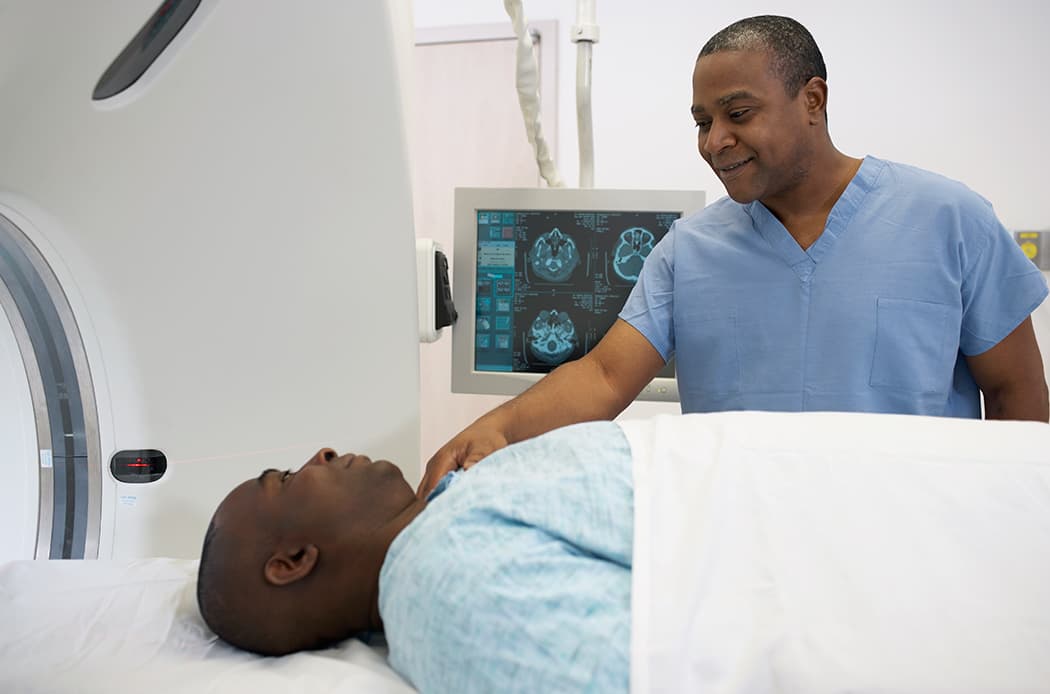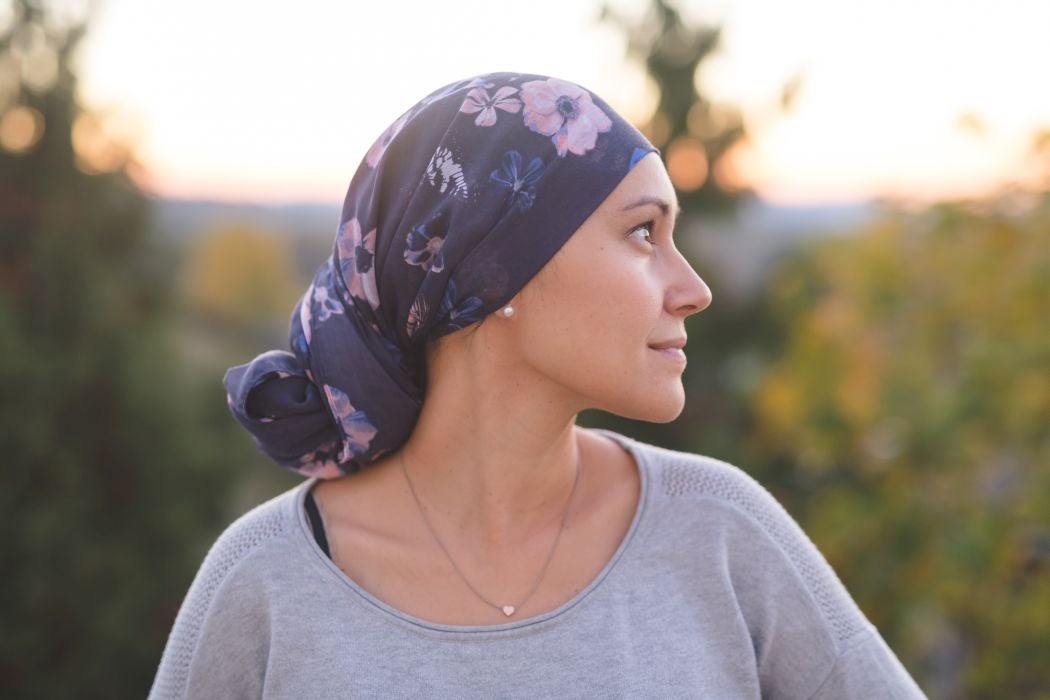Complementary Therapies to Reduce Cancer’s Side Effects
They have scientifically-proven benefits and can be used to improve patients’ well-being.1

Complementary therapies include a number of unconventional practices for body and mind which help alleviate the disease’s symptoms and treatments’ side effects. They are not a substitute to conventional treatments, but, rather, an addition to improve the well-being of patients and those who have already overcome cancer.1
Complementary therapies and alternative therapies: what’s the difference?
Complementary therapies are within Integrative Medicine, a medical approach that does not place the main focus on the disease itself. Instead, it looks at the patient as a whole, embracing body, mind and spirit. Some examples are: phytotherapy, acupuncture, reflexology, yoga, massage therapy, and music therapy. They are recognized by science and there are several case studies on their effects.1,2
It’s important to understand that complementary therapies are different from alternative therapies, which are seen by medicine as substitutes for traditional treatment. These can have serious health consequences because their effects are unknown by science, that is, they could be either beneficial or harmful. Complementary therapies, on the other hand, do not interfere with the treatment, even if they don’t have the expected results.1
Complementary therapies’ benefits in managing cancer side effects
Complementary therapies most often recommended by physicians and with greater chances of being effective are:3,4
Acupuncture - Stimulating specific points of the body through needles, which are inserted into the first (outer) layer of skin. Each point corresponds to a body part to be worked on. A variation of acupuncture is electroacupuncture, in which a mild electrical current passes between the needles for a stronger stimulation.3,4
- Indication: When there’s nausea, vomiting, stress, anxiety, mood swings and pains that medication does not relieve.3,4
Meditation - A set of practices aimed at being in control of one’s mind and thoughts. In general, all different forms of meditation have four elements in common: a quiet place, a comfortable position, which may be sitting or lying down, an attention focus and the intention of letting thoughts come and go naturally.3,4
- Indication: When patients are struggling with mental health issues, as it promotes wellness, relaxation, concentration and clarity. Meditation can be invigorating and help with anxiety levels and depression symptoms.3,4
Yoga - Based on an ancient South Asian philosophy, yoga focuses on body and mind. It combines physical positions, breathing techniques and meditation training.3,4
- Indication: To help manage stress, anxiety and symptoms of depression, as well as helping with fatigue and insomnia. It’s a good option of physical exercise, especially for those who are not physically fit for more intense activities.3,4
Music therapy - This treatment uses music to meet physical, emotional, cognitive and social needs. Qualified physicians assess the patient's needs and strengths, and introduce music into treatment (before a procedure, for instance), or encourage patients to create and rethink music or sing. Exactly how music therapy works is yet to be known, but experts believe it has psychological, behavioral and neurological impacts.3,4
- Indication: It is recommended to reduce anxiety, control mood swings and alleviate pain.3,4
Massage therapy - There are several kinds of massage, but they consist in rubbing, pressing and stretching the muscles and other tissues applying different levels of pressure. In cancer patients, therapists need to be careful with the tumor site, possible wounds and sensitive areas.3,4
- Indication: For relaxing, managing anxiety symptoms and mood swings, and helping relieve muscle pain. Fluid retention is something common in breast cancer patients who have had surgery, so lymphatic drainage is used to stimulate fluid flow in this and other cases.3,4
Complementary therapies should be appointed by a doctor, who will know what’s best for each case, and be able to refer qualified therapists.
References:
1 - (Brazilian) National Cancer Institute (“Instituto Nacional de Câncer”). Cancer Network Magazine (“Revista Rede Câncer”). 33rd edition. Available at: https://www.inca.gov.br/sites/ufu.sti.inca.local/files//media/document//rrc-33-comportamento-sem-contraindicacoes.pdf. Access on: October/2019.
2 - SIEGEL, P. BARROS, N. F. What is Integrative Oncology? (“O que é a Oncologia Integrativa?”) Available at: http://www.scielo.br/pdf/cadsc/v21n3/v21n3a18.pdf . Access on: October/2019.
3 - American Cancer Society. Clinical Practice Guidelines on the Evidence-Based Use of Integrative Therapies During and After Breast Cancer Treatment. Available at: https://onlinelibrary.wiley.com/doi/epdf/10.3322/caac.21397. Access on: October/2019.
4 - The cancer journal. Integrative Medicine Therapies for Pain Management in Cancer Patients. Available at: https://journals.lww.com/journalppo/pages/currenttoc.aspx#-705724634. Access on: November/2019.
Know more about the subject

Cancer Survivorship: Stages, Statistics, And Care

Eating well after cancer: your diet after chemotherapy
A healthy diet after chemotherapy can help you regain your strength and promote good health.

Navigating Nutrition: Colon Cancer Diet Advice
Eating well and following a balanced, nutritious diet is one of the best ways you can prepare for colon cancer treatment 1. But what is a healthy ‘colon cancer diet’?

Radiotherapy

Common Questions About Hair Loss During Cancer Treatment
Although this is deeply associated with cancer treatment, not all people lose their hair

How to Prepare Some Vegetables While Keeping Their Nutrients
Certain cooking methods can make meals more nutritious



